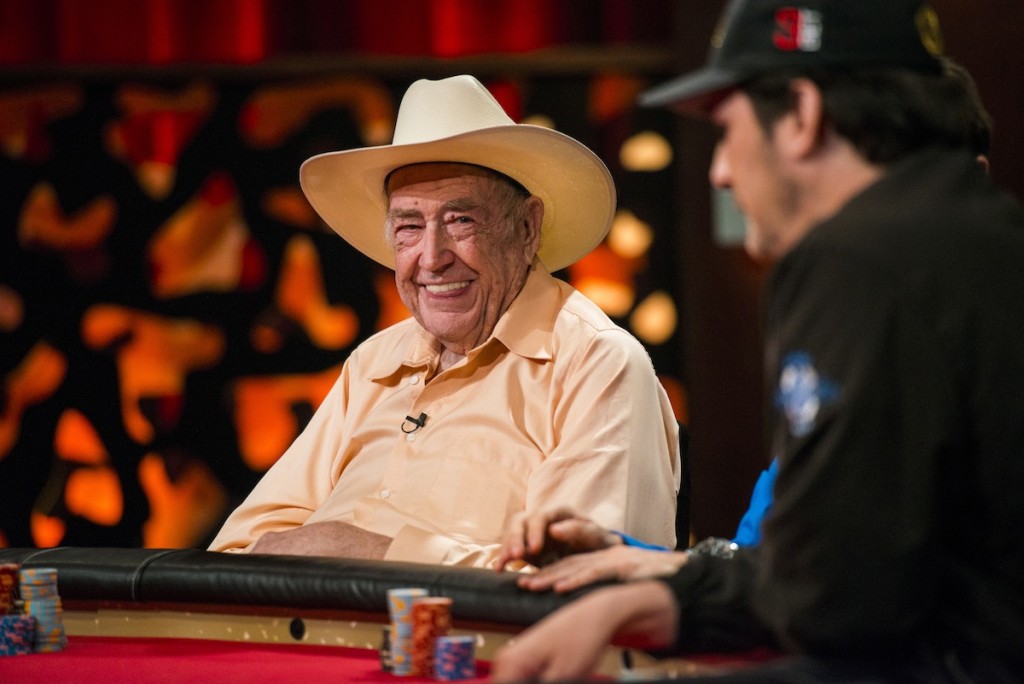
How to Control Your Emotions?
In the long run, playing poker is challenging to always be a successful player. However, the complexity lies not in the game itself, although poker, especially at high stakes, is full of various nuances and becomes very complicated.
In my opinion, the complexity lies in the psychological aspect of the game. More precisely, the player's ability to control their emotions when it becomes increasingly difficult, especially in the long run.
Poker can be a very tiring and exhausting game. If you plan to play poker regularly and for many years, you must find a way to avoid stressful situations, of which this game will certainly present more than one.
Those who have been playing poker for quite a long time will sooner or later experience a sharp downturn (downswing). Ups and downs in poker are no surprise even to professionals. Therefore, stress management comes to the rescue in this situation.
Doyle Brunson, also known as the godfather of poker, when asked which of the young poker stars he sees as a great player, replied: “I don't know yet. Ask me the same question again in 30 years.”
To be a successful player in the long run, you must be able to constantly control your bankroll and emotions. When things are going well, it's easy to stay in a good mood. But when things start to go worse, everything becomes a bit more complicated. A couple of consecutive “bad beats” and most players are thrown off balance, unable to think about anything other than the failures they have experienced. This can have sad consequences. If you start to think that the “poker god” is against you, stop playing immediately, as it will only get worse.
The Phenomenon Caused by “Bad Beat” Stories
Players who end a session with a solid win react by praising themselves: “I played really well today” or “I hardly experienced any bad beats today.” Of course, this is nice, but everything can change quickly. The worst part is that failures are remembered for a long time, while a successful period of play is taken as a normal occurrence.
The inability to correctly interpret experienced situations causes a certain phenomenon – “bad beat” stories. Everyone knows them, everyone hates them, and almost everyone tells them.
It wouldn't be so bad if a poker player evaluated such situations objectively, but it is the opposite; most players try to look much deeper into it, which causes even more stress. The life of a professional poker player is already quite tense. Therefore, additional stress will only have a negative impact. Those who play worse because they feel bad usually play more passively or even the opposite – recklessly (like a maniac).
No one loses a big pot with pleasure. Even if it happened due to a “bad beat.” If you want to play poker seriously, you must be able to separate your emotions from the results of the session.
Don't get upset about things you can't change anyway. The more you worry about it, the worse you will be able to concentrate on the things you can still control – your personal actions.
If you lose a big pot to a player who only needed two cards, laugh and say “Nice Hand.” And think that way yourself. After all, the player you lost the last hand to is your best client, who will pay you much more in the future. So treat such a player accordingly. As the saying goes: “Keep your friends close, but your enemies closer.”
Borrowed from: http://www.pokerzeit.com/pokerstrategie/pokerpsychologie/emotionen-kontrollieren





